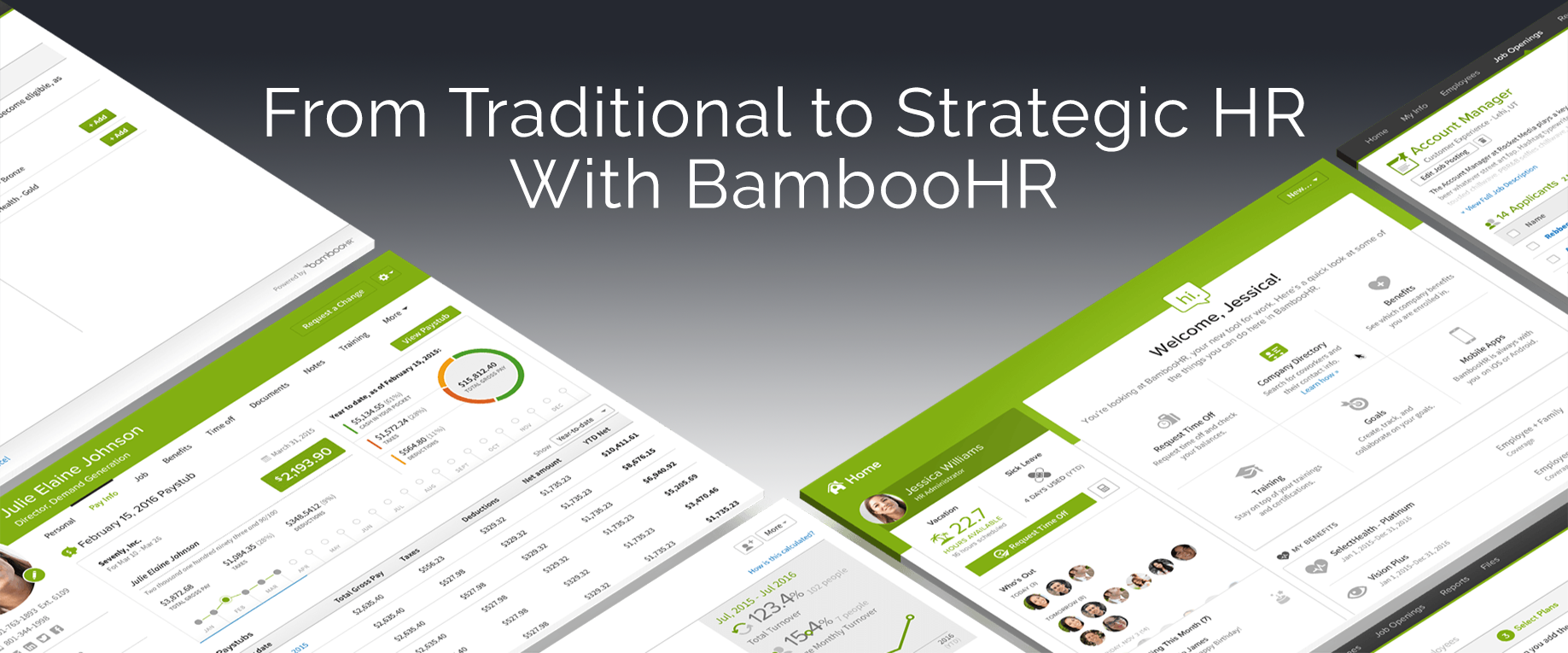Business Intelligence Changing Your Business 180
Business Intelligence (BI) is an important part of any business today. Currently, the expected value of BI is over $140 billion and it’s set to grow at a rate of 15% annually. So important that it can sometimes be the difference between a business outcompeting or being outcompeted by other businesses. Unfortunately, BI has been known to be complicated and pricey for many SMBs. Recently, however, vendors have been making leaps and bounds in creating systems that are more tailored and intuitive. In this blog I will go over exactly what BI is, the importance of it and how it can be used to make more strategic, and actionable decisions.
What is Business Intelligence
BI is a broad term that refers to software that processes a company’s raw data. This data can be based on past performance which is used to make wiser decisions that affect the future efficiency of a company. According to 89% of business leaders the kind of big data processing that BI does will be as revolutionary as the internet. A BI analysis of your company’s data will allow you to identify trends that can be optimized, and provide strategic insights which allow you to achieve business goals! This form of processing can be broad and cover a range of different corporate functions or it can be highly specific, focusing on areas such as sales pipeline or corporate performance management.
Scalability
Scalability is one of the reasons that BI is so important. There are many companies that are collecting information on Excel. Now, Microsoft Excel is fine when your business is small. However, it is not dynamic enough to store information as your business grows. It doesn’t matter how meticulous you are about cleaning, organizing and storing data it will get to a point where Excel becomes ineffective. Once this point is reached most small businesses will realise that they need to switch to a more versatile system. The problem is that now you have a ton of information that needs to be integrated into a new system. Start with a BI system from the beginning that will be able to take data from multiple sources and produce a centralized analysis as your business grows. Scalability is not an issue for most BI solutions such as GoodData and Sisense since they are linked to the cloud which has a virtually limitless capacity for data.
Business-customer Relationship
Businesses are seeing more informed and data-wielding customers. With the explosion of mobile tech people have access to more information which they can use. And, because of this over 40% of companies plan to use mobile BI within the next 3 years. Basically, customers have become a lot more picky about where they spend their money. Businesses need to be responsive to this change and adapt themselves to the new customer-business relationship. They need to be as fast and discerning as their customers in order to stay competitive. An effective BI system will be able to give you the tools to collect, analyse and take action as quickly if not quicker than your customers.
Visibility
In addition to scalability, visibility is equally important. It’s about having access to specific, valuable pieces of information easily. Knowing what part of your sales pipeline is underperforming or isolating an accounting error should not take more than a few minutes. Without a good BI system you’re likely to be going over long reports trying to find what you’re looking for whilst pulling your hair out. Both scalability and visibility enhance the company’s efficiency. There is more time to focus on productivity. Not only will the productivity be higher but the productivity will be more targeted. You will know exactly where to put your energy, and this kind of targeted efficiency will produce strong results.
*Tip: Take a look at this review about Sisense to give you an idea of exactly what a modern BI system can offer
Simplification
Unfortunately, despite all of these advantages there has only been a 22% adoption rate for BI products. Part of the reason is that it can be complicated and hard to navigate. However, vendors are working on making BI systems less complicated and more user friendly. For example, function-specific BI solutions focus on a certain department and the precise functions that are needed in that department such as sales compensation analytics. Some ERP and CRM companies are also providing pre-integrated BI solutions. It can be tough to implement a BI system with another CRM system. Most Business Intelligence systems are using SaaS as a framework. This means that the software is linked to the cloud and is updated automatically by a 3rd party. The convenient thing about this is that it massively cuts costs on IT. You don’t have to be constantly paying an IT team to come in and update your system.
The visibility, scalability, speed and growing user-friendliness of BI are helping businesses make effective actions. It makes for a more aggressive corporate environment where data is targeted, processed, analysed and acted upon with impressive results. The interesting thing about BI is that it can be used by anybody. We no longer have to depend on IT departments in order to decode and analyse large amounts of data. If businesses do not integrate some form of Business Intelligence into their company they will lack the agility, accuracy and stamina to keep up!
Recent Stories
Business Intelligence leading tools
Top DiscoverCloud Experts



Compare Products
Select up to three two products to compare by clicking on the compare icon () of each product.
{{compareToolModel.Error}}






























































{{CommentsModel.TotalCount}} Comments
Your Comment